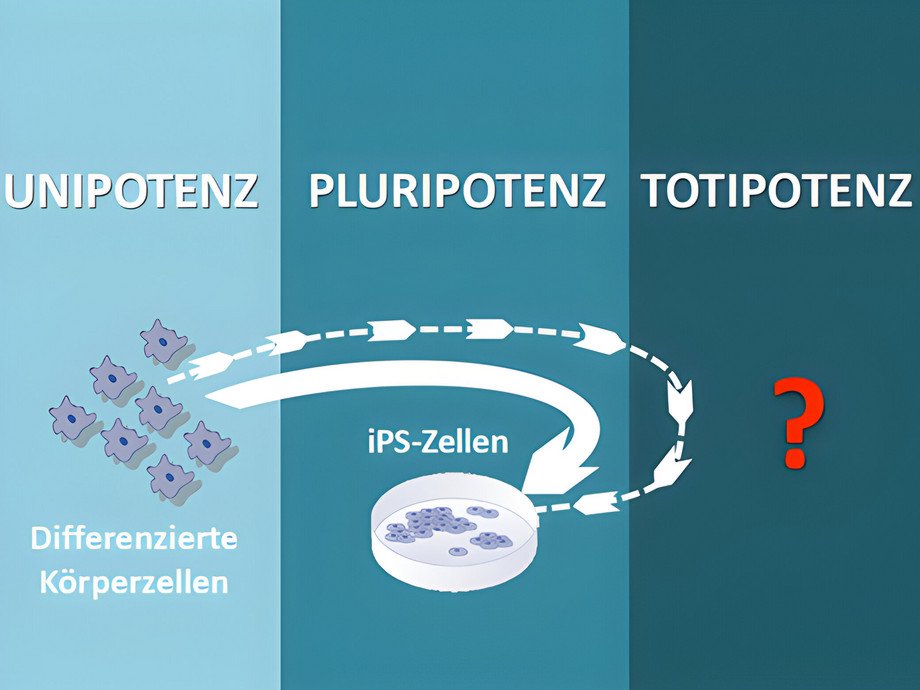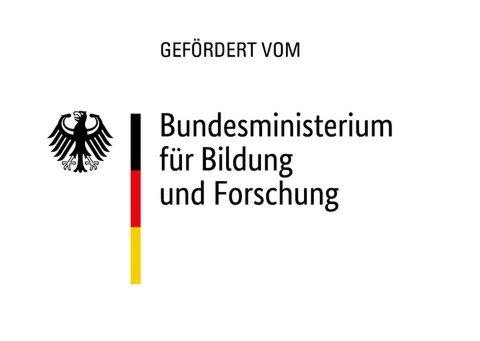
The project touches fundamental questions of life: Which criteria determine whether an embryonic entity deserves protection by the law? Legal scholars from the University of Passau have examined various embryo definitions de lege lata and de lege ferenda in the light of new techniques of modern developmental biology.
According to the European Court of Justice (ECJ), an embryo is any human organism that has the inherent capacity of developing into a human being. In reverse, this means that cells or multicellular entities which cannot develop autonomously into a human being are not embryos in a legal sense. This was clarified (albeit for the purposes of EU patent law only) by the ECJ in December 2014 in the Case C-364/13, "ISCO/Comptroller General of Patents".
The European Court of Justice does not explicitly, but tacitly, refer to totipotency as a legal criterion for determining whether an embryonic entity deserves protection by the law. Totipotency is also the decisive defining criterion for the legal term “embryo” in the German Stem Cell Act (Stammzellgesetz - StZG) and - in the case of an extremely broad interpretation in complete disregard of the wording - in the German Embryo Protection Act (Embryonenschutzgesetz - ESchG). Totipotent cells are cells that can develop into an individual. However, totipotency appears to be outdated as a normative criterion for determining the legal status of human embryos taking into account several new techniques for the artificial generation of embryonic entities. In particular, totipotency does not seem to be sufficient to constitute the sole and decisive criterion for determining the legal status of cells or multicellular entities. The same applies to the new criterion "qualified development capability" devised within the research project "Totipotency I".
So, which additional criteria define an embryo? Up to what developmental stage must cells be able to develop in order to be considered an embryo? Have cells with natural totipotency to be distinguished from cells having acquired totipotency in a highly artificial way? May intentions affect the normative status of an embryonic entity? Legal scholars at the University of Passau analysed these questions as part of a project supported by the German Federal Ministry of Education and Research (BMBF). The team in Passau cooperated closely with experts from philosophy and medicine. The title of the legal subproject was "Totipotency as Legal Criterion in the Light of Novel Results in Developmental Biology".
The following results were obtained:
Participation and promotion
Prof. Dr. Dr. Thomas Heinemann, holder of the Chair of Ethics, Theory and History of Medicine at the University of Philosophy and Theology Vallendar (Philosophisch-Theologische Hochschule Vallendar - PTHV), coordinated the project. Prof. Dr. Hans-Georg Dederer, holder of the Chair of Constitutional and Administrative Law, Public International Law, European and International Economic Law, headed the legal subproject at the University of Passau. Prof. Dr. Tobias Cantz, Head of the Excellence Cluster REBIRTH at the Medical University of Hannover, contributed findings from stem cell and molecular research.
The project has received funding from the German Federal Ministry of Education and Research (BMBF) for a period of two years.
| Principal Investigator(s) at the University | Prof. Dr. Hans-Georg Dederer (Lehrstuhl für Staats- und Verwaltungsrecht, Völkerrecht, Europäisches und Internationales Wirtschaftsrecht) |
|---|---|
| Project period | 01.06.2014 - 30.09.2016 |
| Website | http://www.jura.uni-passau.de/dederer/bmbf-projekte/bmbf-projekt-ii/ |
| Source of funding |

BMBF - Bundesministerium für Bildung und Forschung
|
| Projektnummer | 01GP1410B |